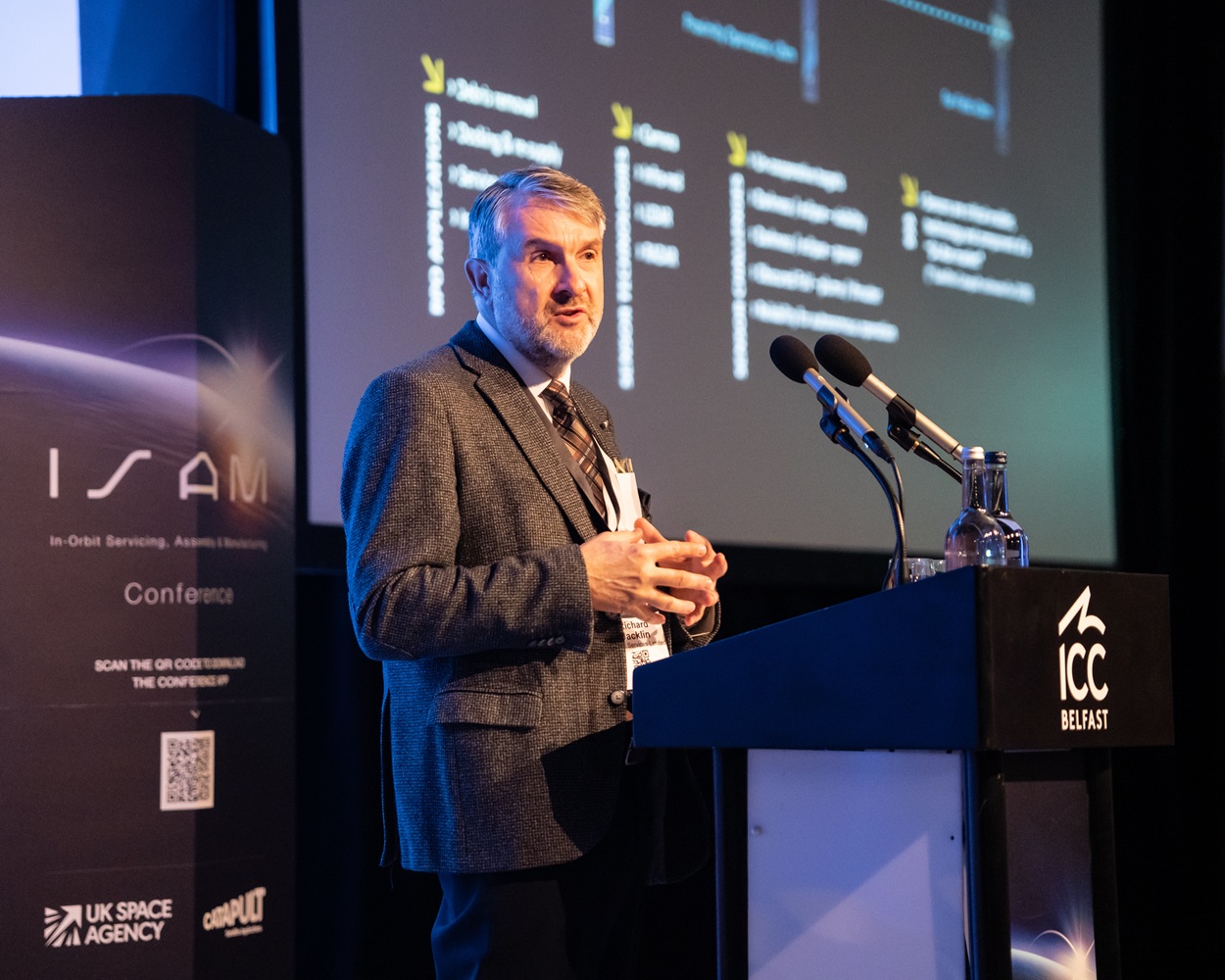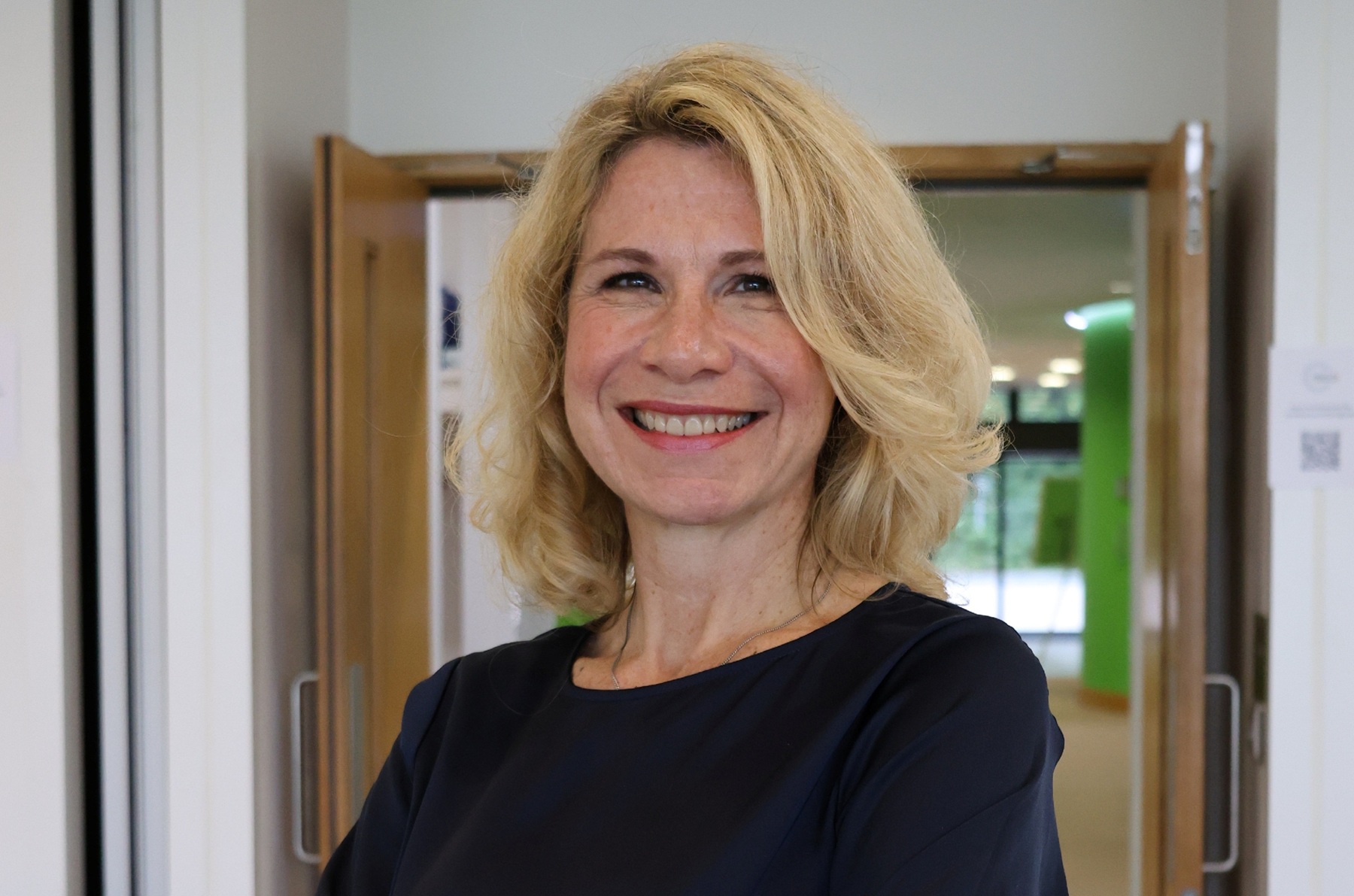Inspiring the female future
Above:
On International Women in Engineering Day and as we celebrate the centenary of the Women’s Engineering Society (WES), it is a fact that only 11% of the UK’s engineers are female.
Courtesy Advanced Engineering
On 23rd June 1919, a committee of influential women sensed a new dawn. The First World War had ended and significant steps had been taken towards women’s suffrage. The group, ranging from designers and munitions factory managers to wives of eminent engineers, rallied to found the Women’s Engineering Society (WES).
One hundred years later, progress for women in industry has often felt stagnant.
As we celebrate the centenary of the Women’s Engineering Society, the fact that only 11% of the UK’s engineers are female is a tough pill to swallow. The Society’s initial journal outlined its aims to “encourage and stimulate all women who are interested in engineering” but today’s figures show that it’s often hard to see these efforts come to fruition. So, what can be done to nurture talent in this milestone year?
The state of industry
The UK has the lowest percentage of female engineers in Europe. As it stands, this figure isn’t set to rise any time soon. It’s estimated that less than eight per cent of engineering and manufacturing apprentices are female, with figures plunging to as low as two per cent in the building and construction sector.
Yet the UK needs to significantly increase its number of engineers. The STEM skills shortage is costing businesses £1.5 billion in recruitment every year. For the engineering sector to reduce its skills shortage, it needs to employ around 186,000 recruits each year until 2024.
Role models
To inspire the future, we should reflect on the past. A lack of role models is often cited as a reason why women shy away from a career in this industry. However, the reality is that our engineering heroines are often unsung.
The pressures of war drew many women to the home front, only for them to experience rebuke once men returned. In resistance, the founders of WES created a committee that promotes engineering as a rewarding profession for women as well as men.
The original members of the group paved the way for women in industry. Renowned for her adventures as a pilot, Amy Johnson was a qualified engineer and WES president from 1933-34. Johnson’s campaigning inspired others such as Dorothy Spicer, another society member and the first person to hold all four types of aeronautic licenses.
Whether it’s a female Doctor at the helm of the Tardis, or a woman encouraging the next generation of engineers, prominent role models need to be realised as figures of inspiration.
Striking the balance
If we are to progress, we must strive for a more balanced workforce that reflects the diversity of our society and invests in the development of all talented workers.
McKinsey’s Delivering Through Diversity report states that many companies struggle to increase the representation of diverse talent and create truly inclusive organisational cultures to profit from diversity.
Yet data from 2017 found that companies in the top-quartile for gender diversity on their executive teams were 21 per cent more likely to have above-average profitability than companies in the fourth quartile. To address the skills gap and boost productivity, companies need to act to diversify.
The next generation
International Women in Engineering day takes place today (on 23 June). To encourage women to pursue a career in engineering, action has to begin as early as possible.
Professor Karen Holford, Deputy Vice Chancellor at Cardiff University and voted one of WES’s most influential female engineers in 2016 explained that “the stumbling blocks are there from a very young age, such as girls not being given toy trains and cars to play with. It may sound like a small thing but unconscious stereotyping is still holding girls back, without them even realising it.
“Schools must ensure that teachers have the critical skills to teach the subjects needed for a career in engineering. Finally, companies need to do more to promote flexible working for both men and women. This way we can ensure that the burden of childcare is equally shared so that women aren’t out of the workplace for long periods. If we can solve these problems, I believe we’ll see a big increase in women choosing engineering careers and, even better, staying in them.”
The Women’s Engineering Society will be exhibiting at Advanced Engineering from 30th–31st October 2019 at the National Exhibition Centre, Birmingham.















